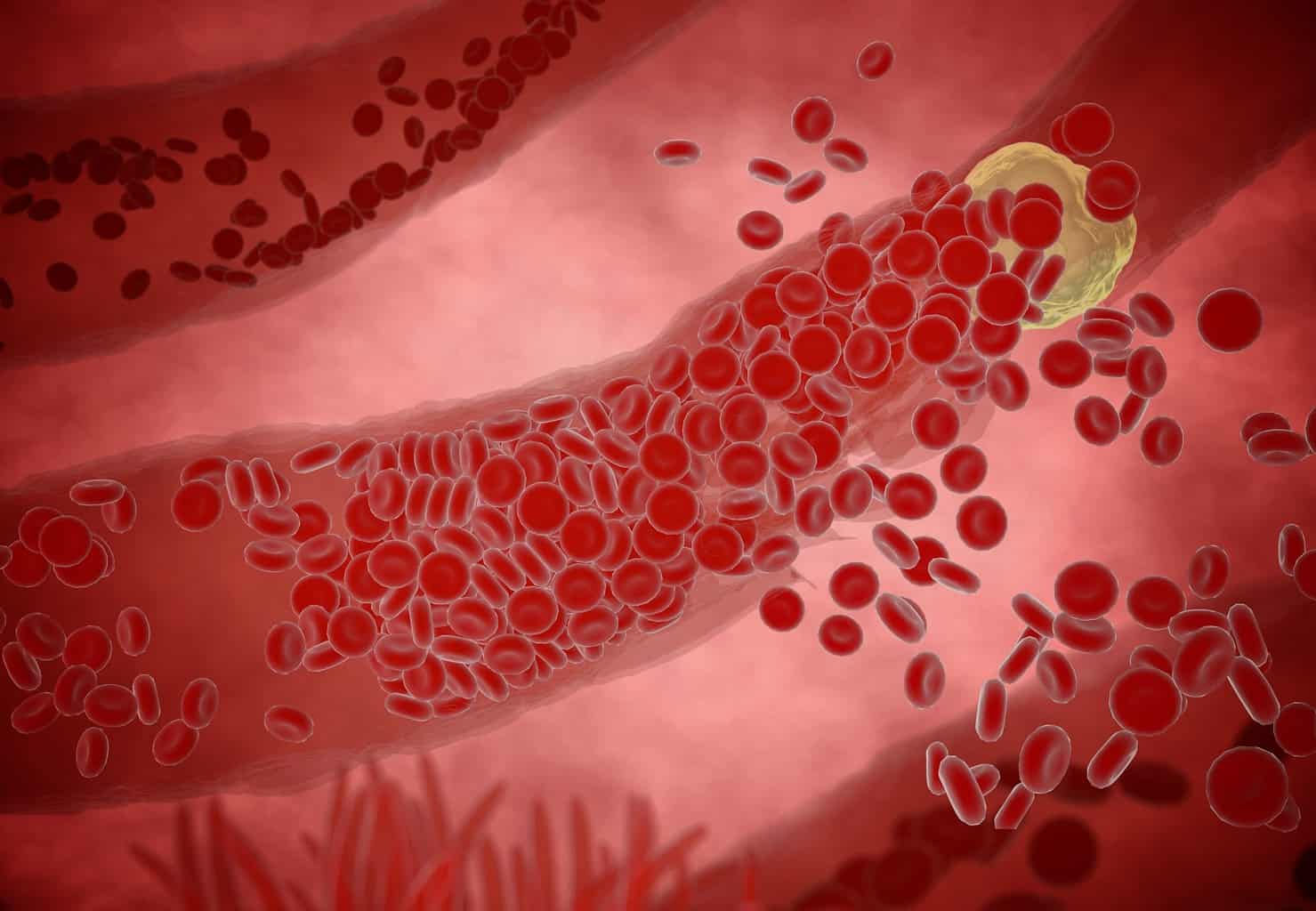This blood flow problem can easily be reversed, along with low testosterone…

—-Important Message for Men Who Want Higher T—-
Turn high cholesterol into high testosterone with Protocol C2T
Most men with low testosterone have high cholesterol.
And the reason is because of a little natural factory process that goes on in a man’s testicles…
Cholesterol is supposed to go in. And testosterone comes out.
But as a man ages, this process can slow down or even stop.
And that gives a man way too much cholesterol and not enough testosterone.
So here’s what I do — use this simple protocol to turn high cholesterol into high testosterone NATURALLY (no statins needed)
———-
How atherosclerosis lowers men’s testosterone (and how to fix it)
Atherosclerosis is the buildup of junk inside the blood vessels.
This junk causes the blood vessels to become narrow and stiff.
The progression of this disease prevents the proper flow of blood and nutrients around the body.
Experts say that atherosclerosis begins in the teens and early 20s — but it doesn’t become a health issue until later decades.
The implication is that it is just a natural part of aging — and that you should “just deal with it”.
But hormones also change with age too — so, could atherosclerosis be linked to hormones?
The truth is that testosterone levels are a better predictor of atherosclerosis than age is.
Older guys are more likely to have atherosclerosis because they’re more likely to suffer with things like low testosterone.
And that is a solvable problem.

The human research was carried out at Alexandria University in Egypt. The paper was published in the Egyptian Journal of Obesity, Diabetes and Endocrinology.
Atherosclerosis impairs blood flow.
This causes weakness in the extremities, erections problems in the penis, and even death when it encroaches on the heart or the brain.
The carotid artery is a large blood vessel which leaves the heart and delivers blood to the brain.
If there is atherosclerosis here, the plaque can break off and move toward the brain.
This is particularly dangerous because it can cause a stroke.
This research was designed to look at the relationship between the amount of plaque in the carotid artery and testosterone levels in the blood.
“We evaluated the relationship between serum testosterone concentration and carotid atherosclerosis in elderly men.”
The researchers recruited 40 men for the study. There were 30 older healthy men and 10 younger guys.
The researchers carried out a number of hormone tests on the men. Then the men had scans of the carotid artery performed at the university hospital.
These scans looked at something called intima-media thickness — this is simply the thickness of the carotid artery wall.
A thicker wall means more plaque and atherosclerosis.
“There was a significant negative correlation between testosterone and intima-media thickness.”
Men with higher testosterone levels had less atheroscletrotic buildup in the carotid artery.
They were less likely to have a stroke and almost certainly had less atherosclerosis elsewhere too.
Testosterone was also associated with fewer solid plaques in the carotid artery.
“There was a significant negative correlation between testosterone and the number of plaques.”
The researchers concluded that testosterone may have a protective effect against atherosclerosis in men.
“These findings suggest that normal physiologic testosterone levels may help to protect men from atherosclerosis.”
The observations held up when the researchers only looked at the group of older men.
“In elderly men, low testosterone is associated with increased carotid artery intima media thickness.”
Men (of any age) who produce more testosterone have healthier blood vessels.
“A negative correlation has been demonstrated between endogenous testosterone levels and the thickness of the carotid arteries.”
It’s certain that men who don’t produce enough testosterone naturally are more likely to have atherosclerosis.
“Men with lower levels of endogenous testosterone may be at higher risk for developing atherosclerosis.”
The root causes of atherosclerosis and low testosterone are a little more complicated, something I have dealt with in detail in my newsletters.
But suffice to say that increasing testosterone naturally will almost surely help with atherosclerosis.
You should always consult a healthcare professional for advice on treating health issues.
—-Important Message for Men Who Want to Prevent or Reverse Atherosclerosis—-
These 5 foods can help destroy plaque in the arteries and boost blood flow

I’ve found 5 delicious foods that can really help with getting better male blood flow.
These foods contain nutrients that the body needs to blast plaque out of the arteries.
They also help open up and relax the arteries which improves blood flow ALL over the body.
So even erections gets a boost. And testosterone levels start to rise…
Here are the 5 foods — you may have eaten 1 already today
———-
